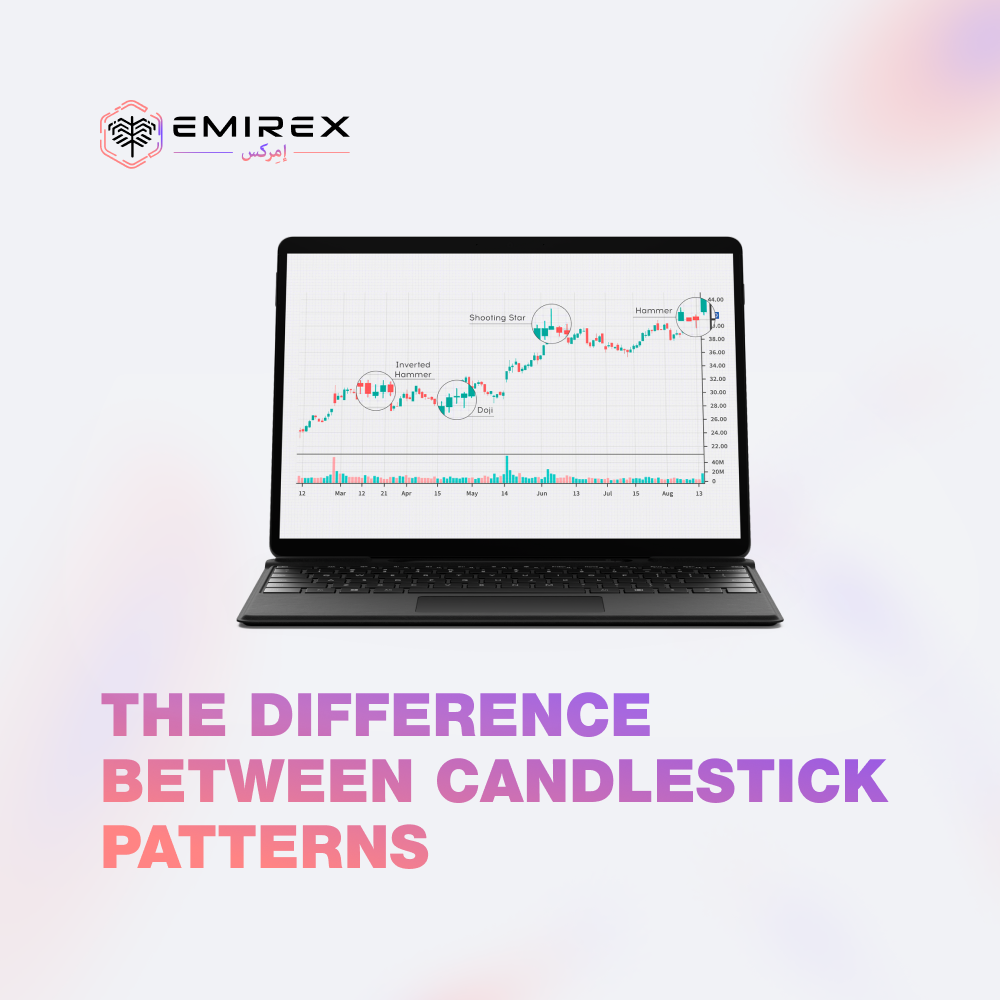Thirty years ago, the .com bubble was the same level phenomenon as cryptocurrency and blockchain today. A company that had no relationship with the internet could add a .com or an internet prefix in its name and see the stock jump. The parallels between the .com bubble and the new blockchain craze are evident. Businesses everywhere naturally want to increase their stock prices. In this age of blockchain, an excellent way to do this is to tokenise an existing part of the business.
What are tokens?
Tokens usually represent values, whether it is game credits or money in a wallet or inventory in the warehouse. These tokens can be used in a system to exchange values. This is one way of using tokens.
The second way is where tokens representing a commodity. They can also be used as an internal currency. Exchange of tokens will mean a transfer of ownership. This could be applied for real estate, bonds, cars or any commodity on the market.
While tokens are usually associated with ICOs, it is not necessarily so. ICO is a means of raising capital, whereas tokens can be made to represent whatever commodity you want to assign to it. That commodity can represent an equity or any other from the business that you want your customers to trade.
What is Tokenisation?
Tokenisation is the task of taking an existing business and introducing an internal currency (better known as a ‘token’) to support business activity. The tokens will be built on top of an existing blockchain platform such as Ethereum.
Why Tokenise?
Beyond the apparent stock jump effect mentioned earlier, there are compelling reasons to add a token to a business.
Reduced Costs
Unlike international SWIFT money transfers, tokens can be transferred globally between two parties at low costs and high speed. Smart Contracts can eliminate paper and make transfers of the value fair and easy.
Removing Intermediaries
Smart Contracts also make transfers of value trustless. No notary or lawyer needs to be involved in transactions between two parties when a Smart Contract enables trustless transactions.
Create Value
One of the most compelling reasons to tokenise a company involves value creation. The value of existing companies is driven by equity. A company is valued using a traditional metric such as a discounted cash flow. This valuation is then applied to the value of an entire company. All the value of shares in a company should combine to equal the company’s total value.
Not Everything Needs Tokens
While there are many potential applications of tokens, for some areas tokens do not provide additional value. Many established payment systems work much better than token markets today as they have greater adoption and offer better transaction volume and security. Think about what tangible benefits around efficiency, inclusion, or value creation can be provided by tokenisation when considering each use case.
Emirex At Your Service For Commodities Tokenisation
While the tokenisation process may seem a bit hard, with a proper primary assessment and effective approaches, it may be executed smooth enough.
At Emirex, we are focused on delivering the first in its class Digital Commodities Exchange, an alternative investment platform focusing on tokenising the USD$20 trillion a year commodities sector, which includes equity and debt instruments of the commodities companies, as well as actual physical commodities, such as precious, industrial & rare-earth metals, precious stones, and energy commodities.
Emirex has already delivered pilot projects on tokenised corporate bond for a mining project in West Africa and on tokenisation of rare-earth commodities. We have also worked with publicly listed precious & industrial metals producing companies on producing concepts tokenising their physical assets (already mined and also proven reserves).
Digital Commodities Asset Exchange in the Middle East, focusing on tokenised commodities. Licensed and Regulated. Tokenisation advisory.






